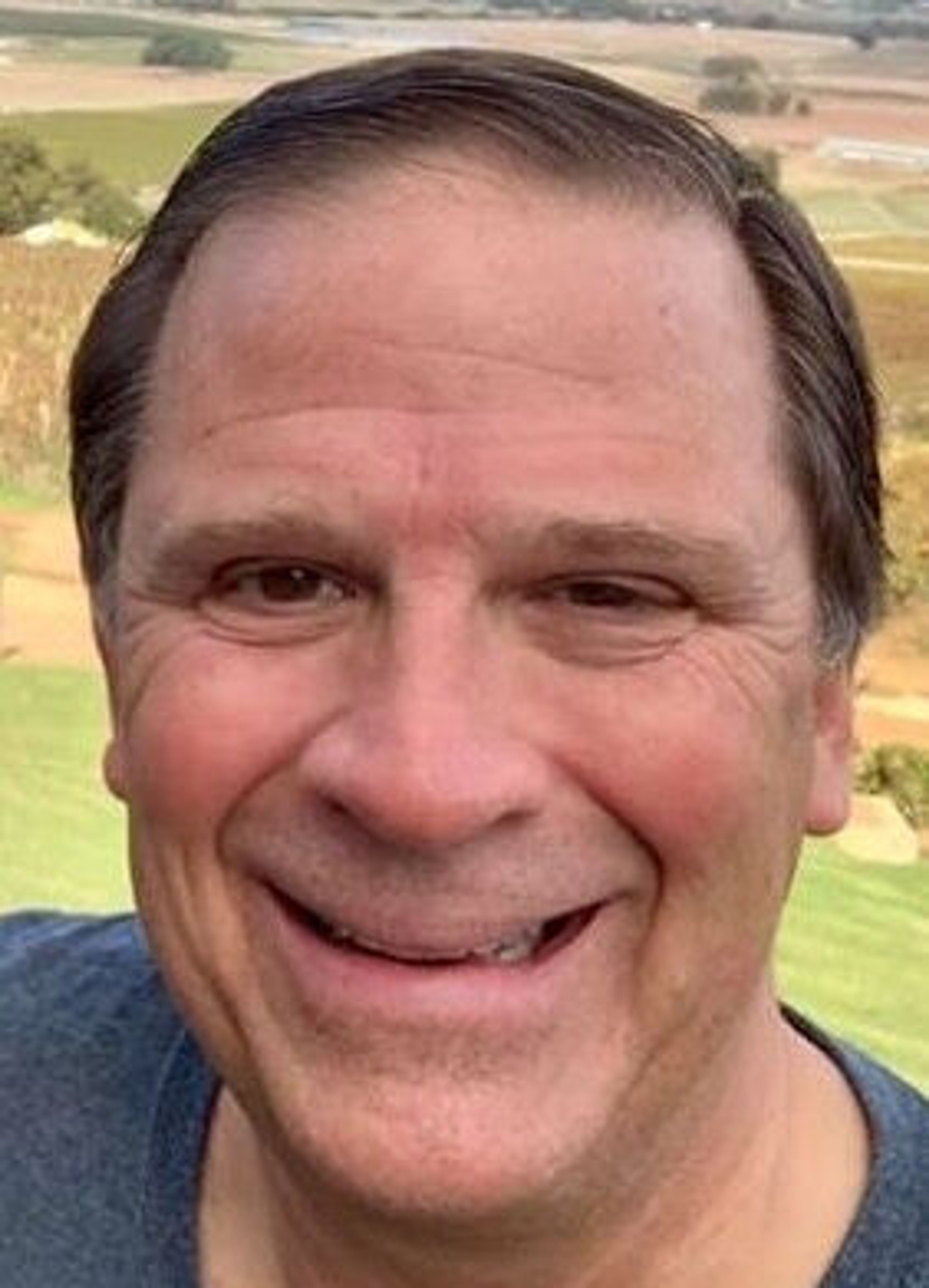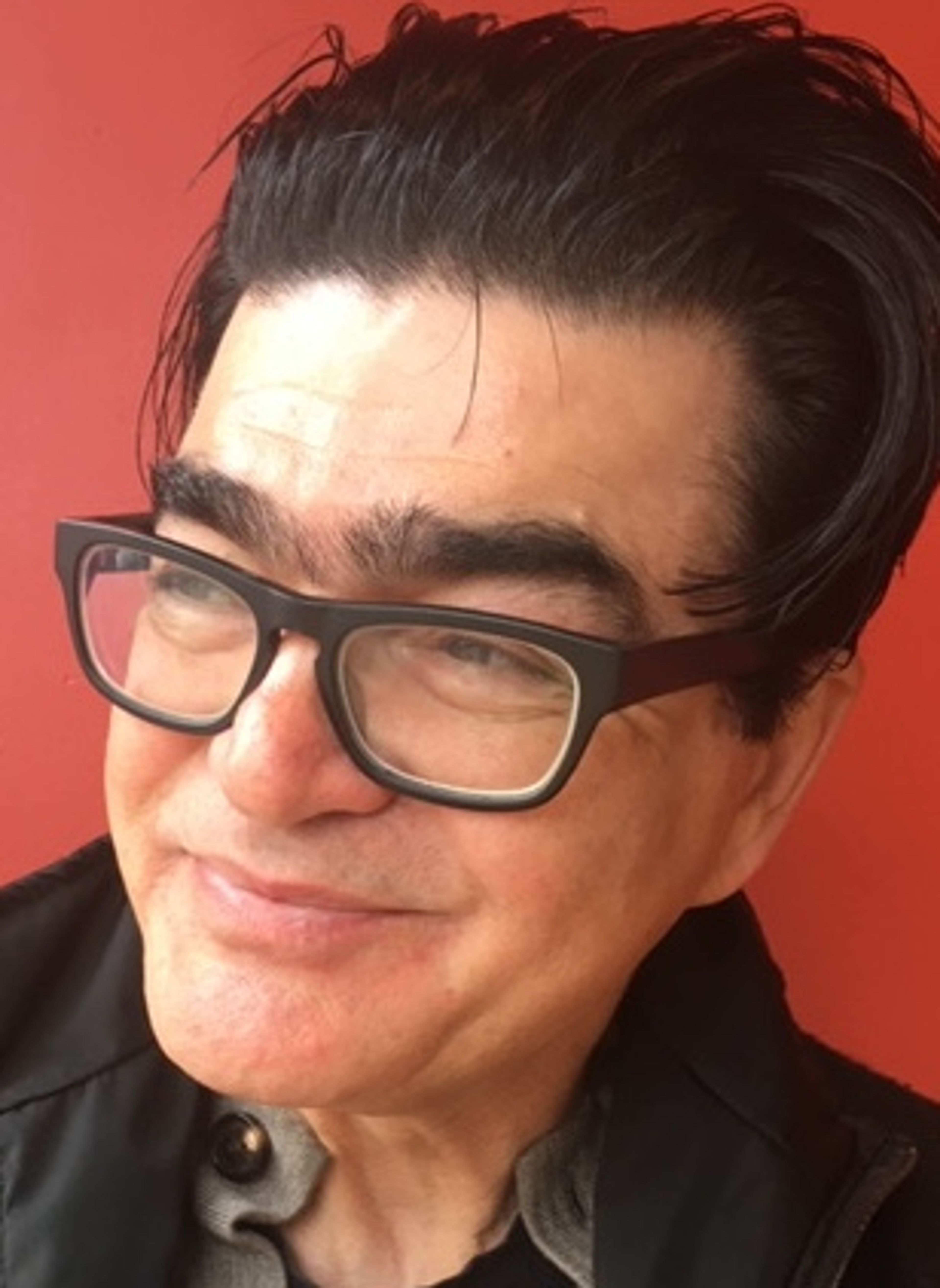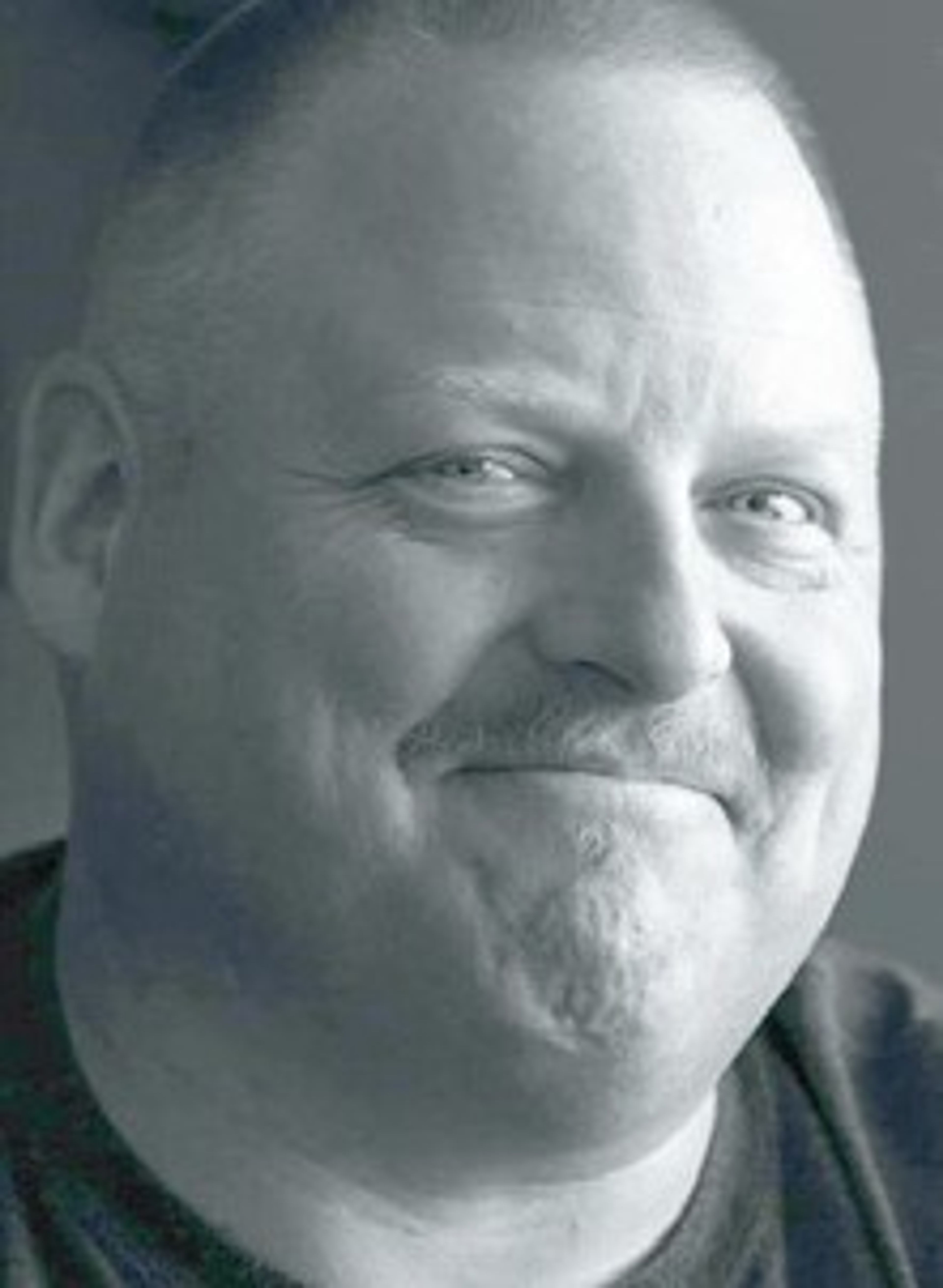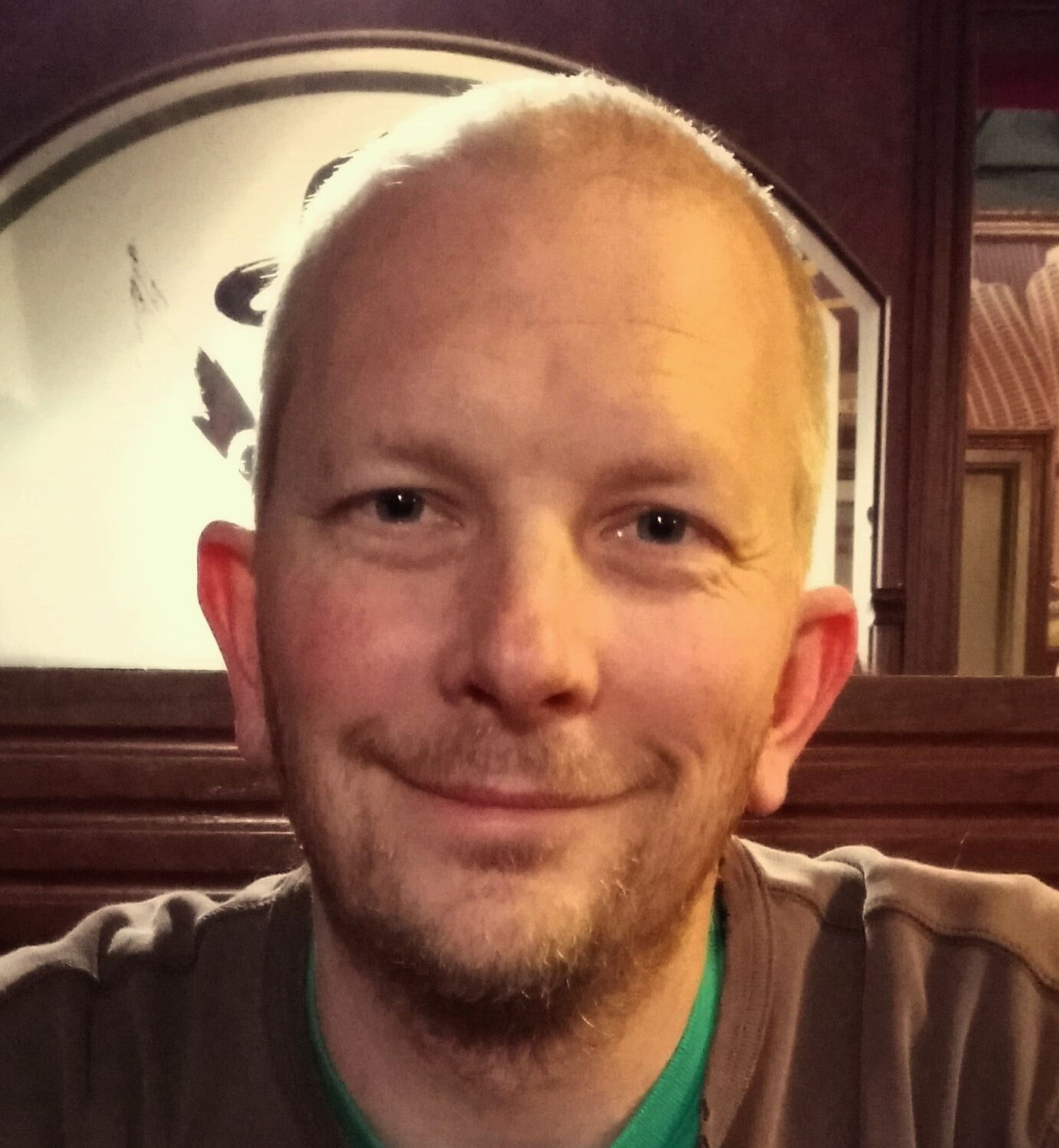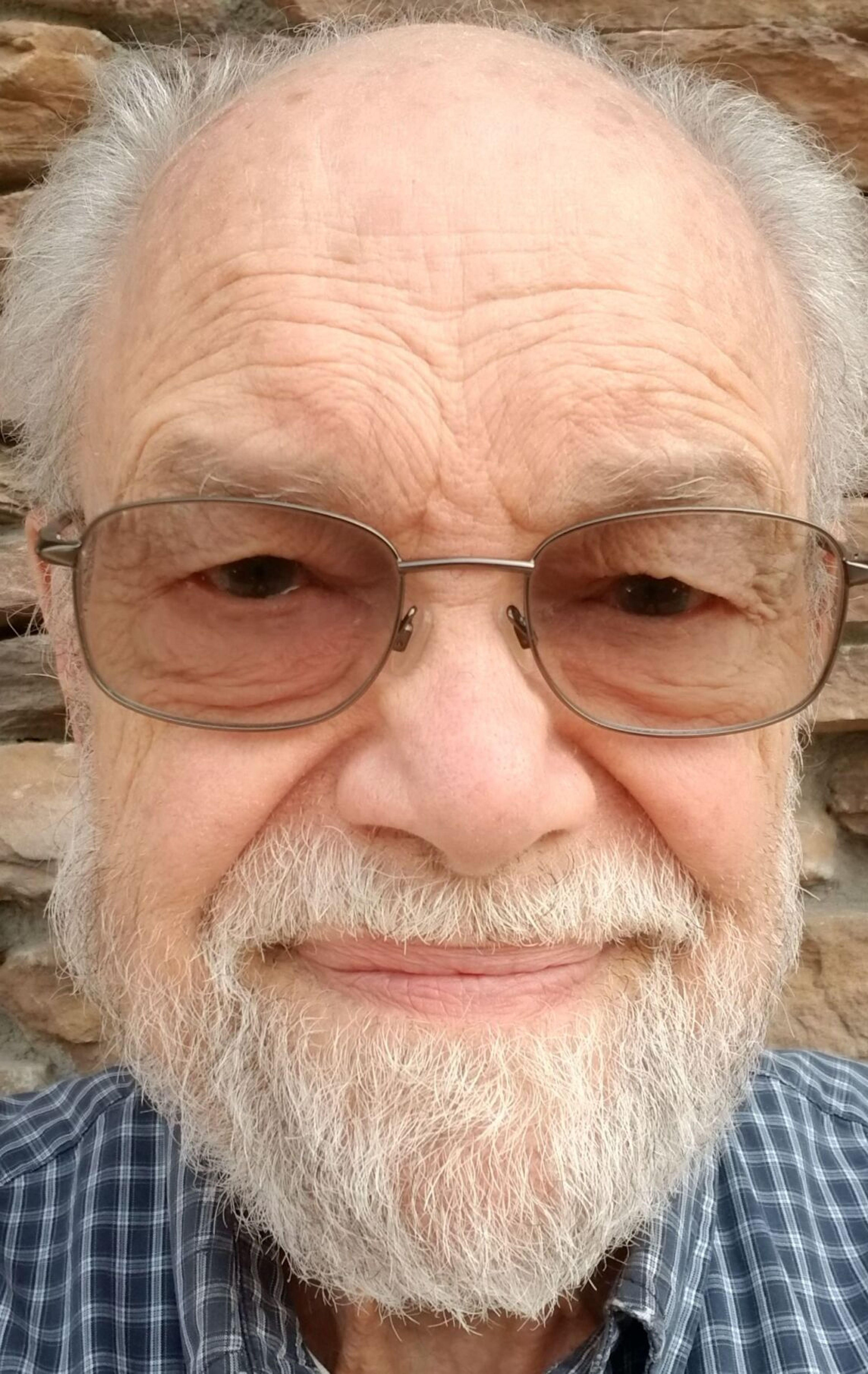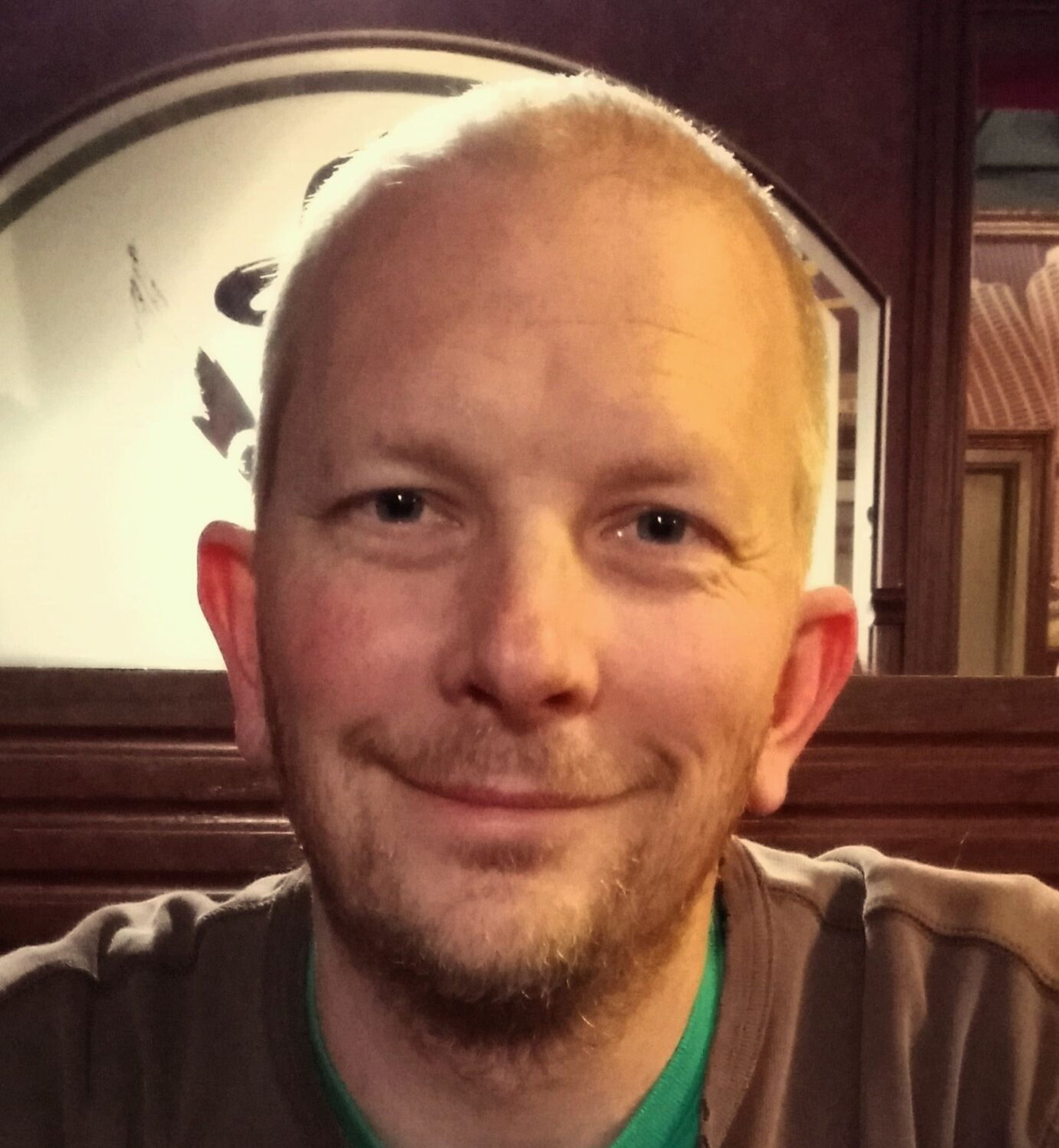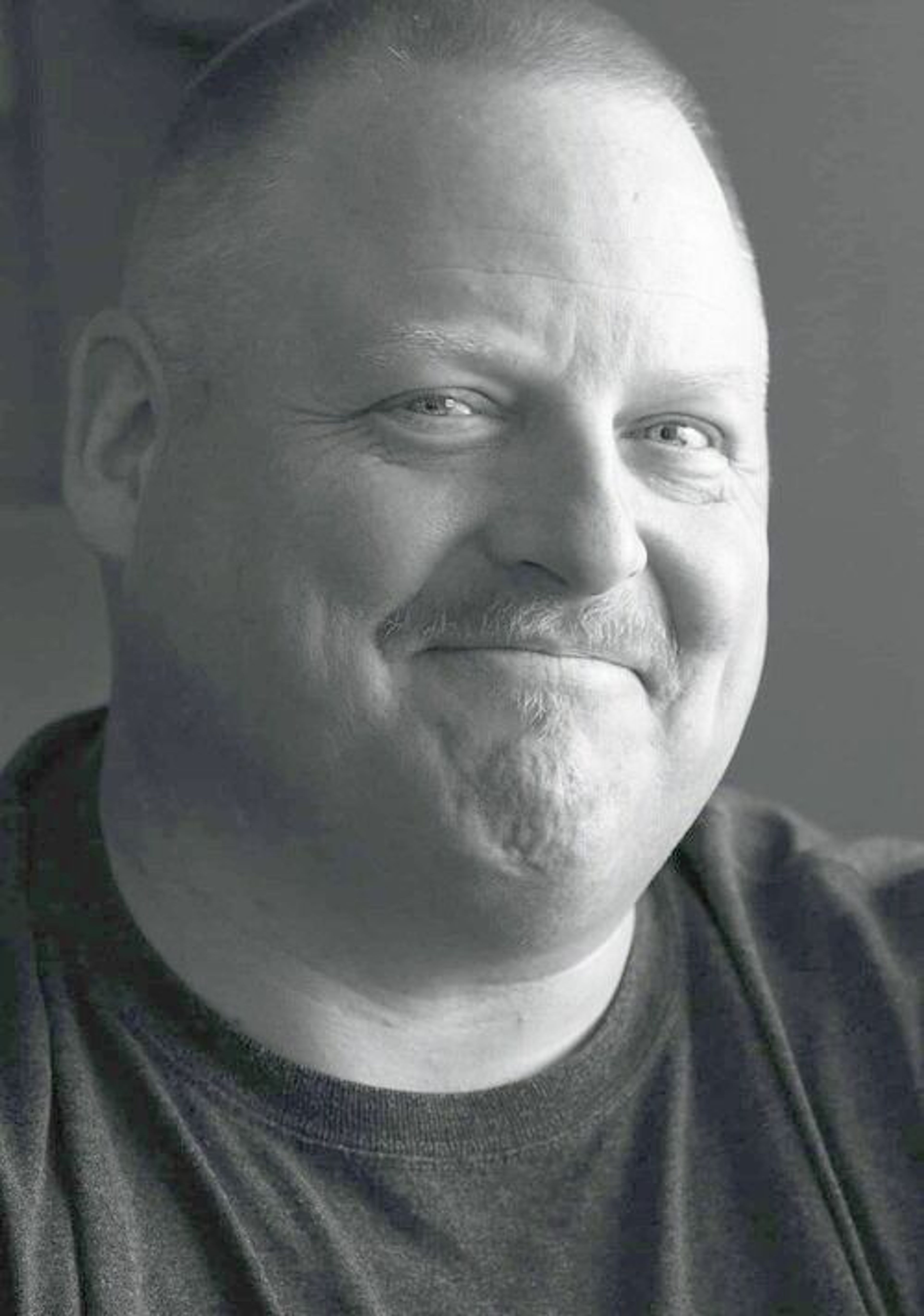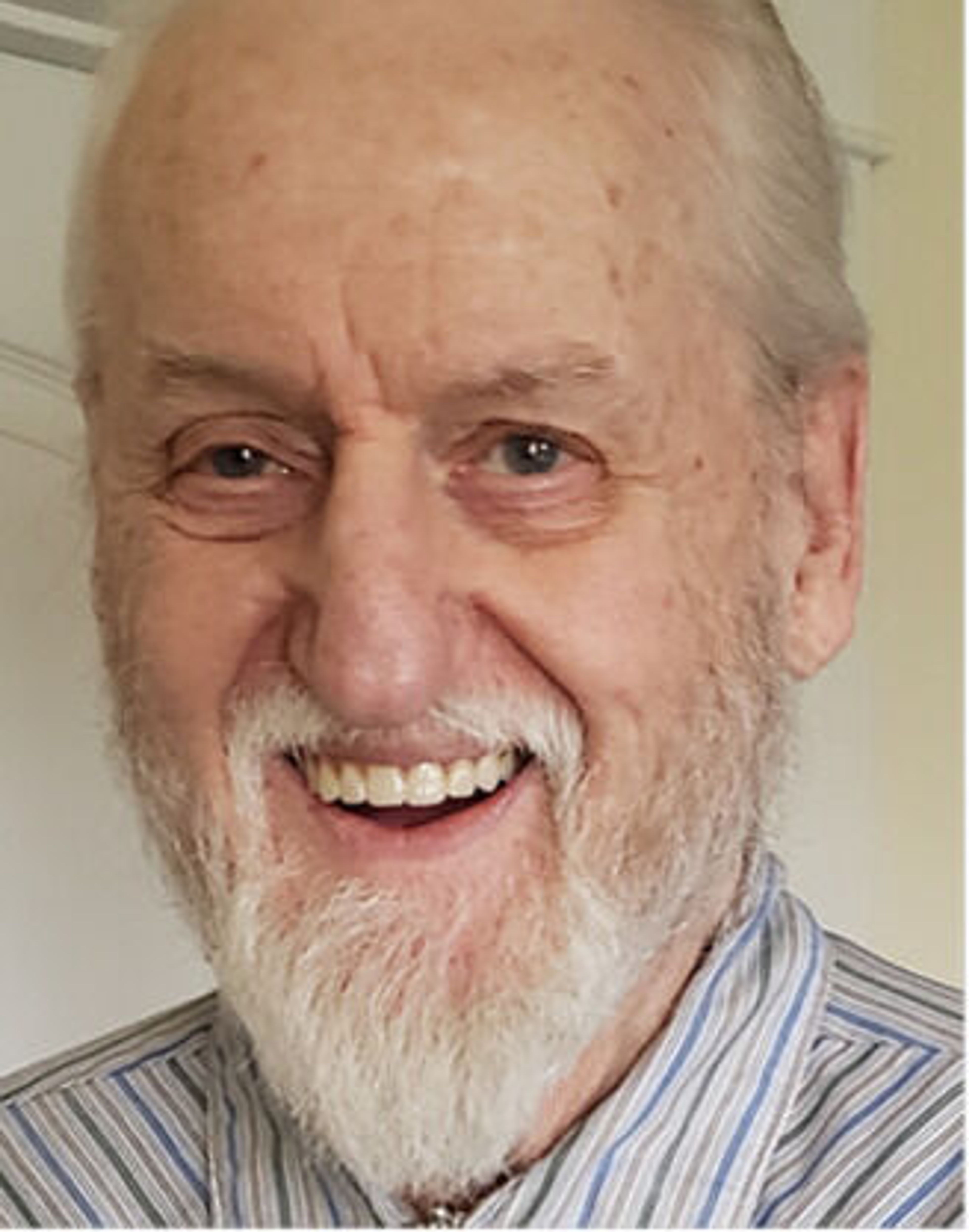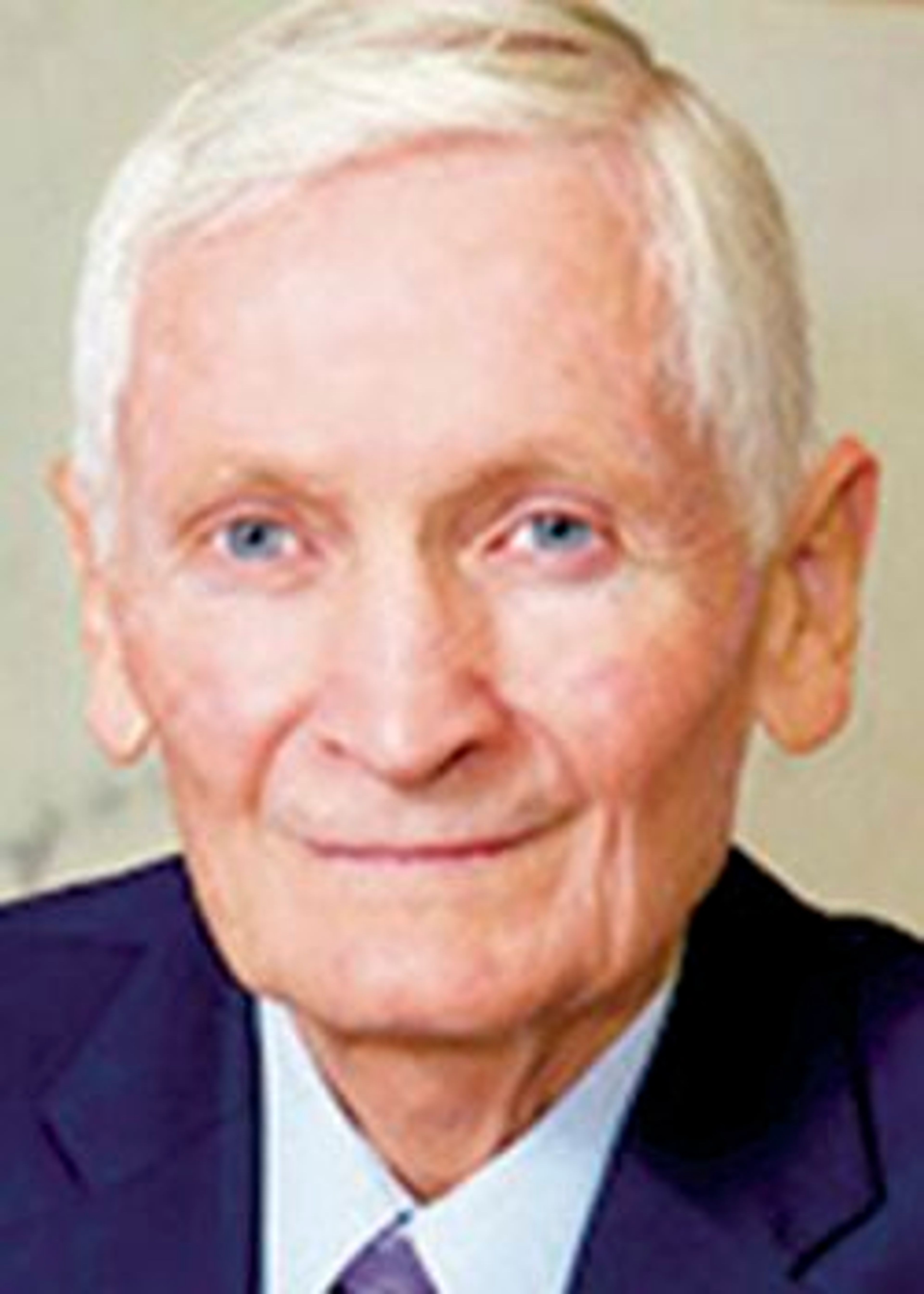During the past two weeks, Moscow witnessed three notable events.
First, Douglas Wilson (pastor of Christ Church), Toby Sumpter (pastor of King’s Cross), and Ben Merkel (president of New Saint Andrews College) held a town hall at the University of Idaho to address local rumors.
They faced protesters with signs reading “Christ Church isn’t welcome here,” “F--- Christ Church,” and “Doug Wilson and his church: You have reason to be concerned.” Progressives love diversity until they encounter it.
Wilson told the crowd at the UI auditorium that it is a misunderstanding that Christ Church wants to do a hostile takeover of Moscow. The way progressives take over a city is by running people for political office, then forcing their views on the public. Think of George Soros-backed district attorneys who have destroyed cities across America. Since that’s the only play progressives know, they assume Christ Church will run the same one.
Instead, the Apostle Paul writes in 2 Corinthians 10:4, “For the weapons of our warfare are not of the flesh but have divine power to destroy strongholds.” What are the apostolic principles of war? You pray for and persuade your neighbors of Christ’s lordship. This is how the Twelve Apostles turned the world upside down.
The second notable event was the showing at the Kenworthy Performing Arts Centre of Rob Reiner’s “God & Country,” a mockumentary about the rise of the Christian Taliban. Any practicing Christian who engages in politics is a threat to democracy.
And finally, the third event was Wilson’s 65-minute appearance on the Tucker Carlson Network. While Carlson’s interview with Vladimir Putin attracted 10 million viewers, Wilson’s segment drew 7.5 million — a respectable turnout for the “People’s Republic of Moscow.”
During the interview, Wilson outlined three main frameworks for organizing society: tribalism, globalism and nationalism.
Wilson dismissed tribalism, comparing it to the turmoil of a failed state like Somalia — marked by anarchy, chaos and the absence of central authority.
Wilson rejected globalism, attributing it to figures like Klaus Schwab and the World Economic Forum, whose policies erode cultural identity and autonomy. He quipped, “I don’t want to eat bugs,” referencing the globalist promotion of “alternative proteins” as sustainable food sources.
Tribalism and anarchy collapse into chaos where individualism reigns without coherent unity. Globalism and progressivism collapse into tyranny where the state or another singular entity imposes stifling uniformity at the expense of individual freedoms. Wilson addressed the philosophical challenge of “the one and the many,” which explores the interplay between unity and diversity. He highlighted how Christianity, through the triune nature of God — who is both one and three — exemplifies perfect balance between unity and diversity, treating each aspect as equally ultimate. This theological grounding enables Christians to recognize the universe’s inherent oneness and multiplicity. Such balance is crucial for shaping a societal structure that honors both order and liberty — supporting a system that values individual uniqueness while preserving a unified community identity.
Wilson advocates for nationalism, particularly one infused with Christian values, as it provides a structured and moral framework essential for a thriving society. He explains that Christian nationalism isn’t about imposing Christianity, but about ensuring that societal morals and laws reflect Christian principles. This approach recognizes a divine authority, preventing the state from becoming an ultimate power that could lead to totalitarianism over personal freedoms.
Wilson further discusses Christianity’s profound influence on law and government, noting that all law inherently imposes a moral viewpoint. He argues that a legal system should reflect Christian morals, given their pivotal role in shaping Western jurisprudence and fostering individual liberties. This, he suggests, contrasts sharply with systems that fail to balance authority with personal freedoms, resulting in oppressive regimes.
Wilson concluded by discussing the historical and future impact of Christianity on American society. He criticized the secularization of public life, pointing out its negative effects on moral and social structures. He anticipates a revival of Christian values to counteract the moral and social decay in contemporary America, expressing optimism for a historic reformation and revival that would reestablish a moral consensus and steer the country toward greater justice and liberty.
Throughout these discussions, Wilson articulated a vision of societal organization rooted in Christian values — a vision that challenges both the secularization of public life and the ideological underpinnings of tribalism and globalism. Progressives waving signs at the UI and Rob Reiner seem to prefer America’s descent into further social decay over a return to our Christian national roots. Yet, the need for a higher moral authority is unavoidable — if it isn’t the God of Scripture, it becomes the god of moral erosion and political bondage: the government. Which path will America choose?
Courtney served 20 years as a nuclear engineering officer aboard submarines and 15 years as a graduate school instructor. A political independent, he spends his time playing with his eight grandchildren in Moscow. He is a member of Christ Church.
